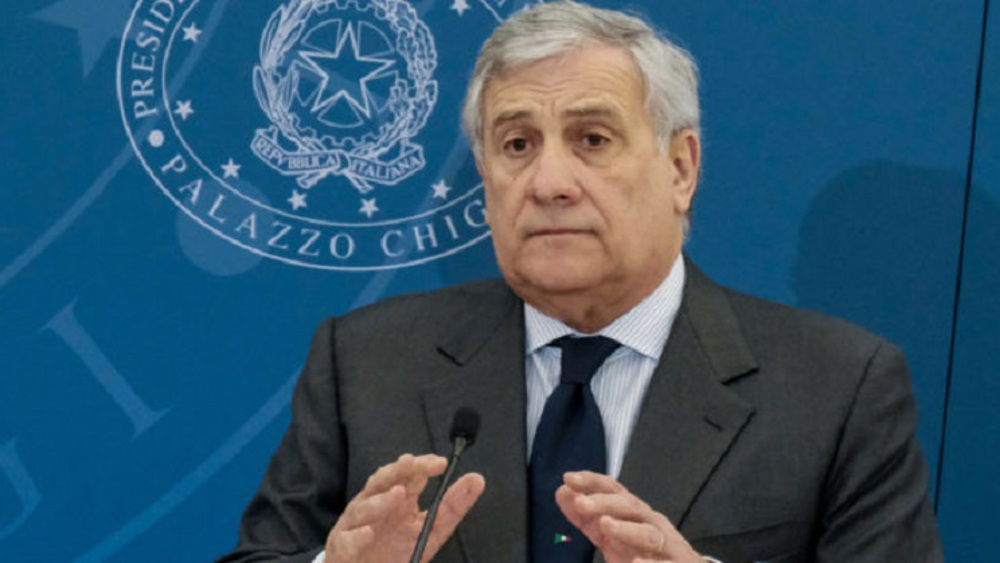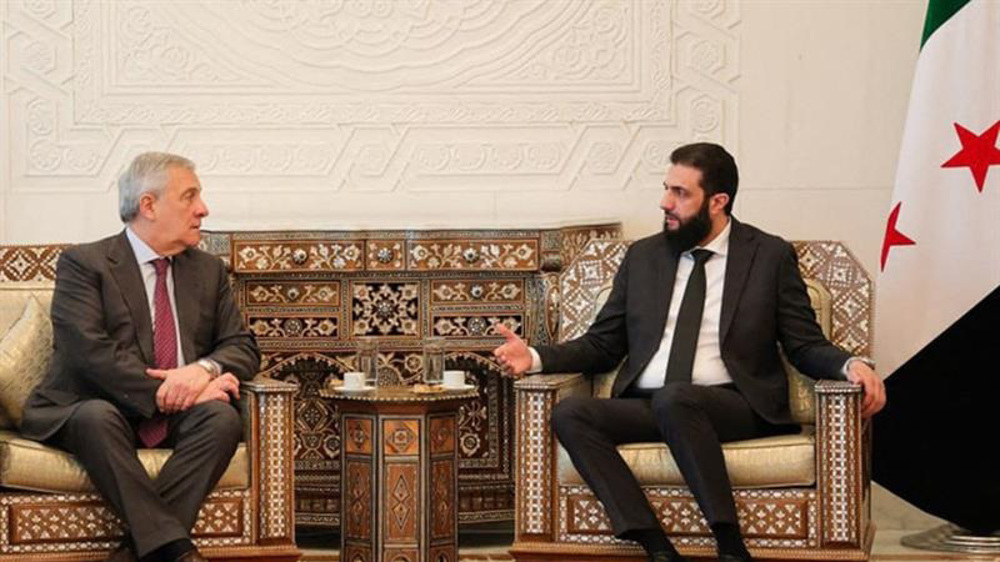Greek parliament approves bonuses despite EU objections
The Greek parliament has approved a piece of legislation to pay pensioners one-off bonuses over the objections of Greece’s eurozone creditors.
A total of 196 lawmakers out of the 257 present in a Thursday session voted to allocate 617 million euros (642.54 million dollars) in bonuses to low-tier pensioners for Christmas.
Greece’s international lenders had opposed the measure, which was announced by Prime Minister Alexis Tsipras last week.
The Eurogroup, the body of 19 eurozone finance ministers, said on Wednesday that they were suspending a series of debt relief measures granted to Athens earlier this month over the plan.
The debt-relief deal with Greece would have reduced the interest burden on the country’s debts of more than 300 billion euros.
Under the deal, Athens had committed to making a host of economic reforms and had to submit to oversight of its budgets and spending plans.
The Christmas bonus package, however, was perceived to be a violation of such commitments.

A spokesman for Jeroen Dijsselbloem, the head of the Eurogroup, said on Thursday that the approval of the bonus payments appeared “to not be in line with our agreements.”
There was “no unanimity [among eurozone countries] now for implementing short-term debt measures,” he said.
Tsipras, however, had argued that the pension payment would come out of a one-billion-euro tax surplus, accusing the eurozone ministers of scuttling the bailout deal for no reason.
“I want to stress that these are measures that do not jeopardize the program nor the primary surplus for 2016 and have no fiscal impact on 2017 and 2018,” said the prime minister as he arrived for an EU summit in Brussels on Thursday.
“Those calling for a suspension of the Eurogroup decision on short-term debt relief are violating the (bailout) deal,” he said.
Germany and the EU’s economic affairs commissioner Pierre Moscovici were the key players in the decision to suspend the debt relief deal, while French President Francois Hollande and his finance minister distanced themselves from the decision and backed Greece on Thursday.
It was not clear if the eurozone would be taking further measures against the Greek government with the Thursday approval of the bonuses for pensioners.

On Thursday night, about 5,000 protesters held a rally on the streets of Athens against recent pension cuts approved as part of the Greek budget for 2017.
“We are living in poverty and what we cannot stand above all is the mockery,” said a protester. “They are giving out crumbs from what they have stolen from us.”
The 2017 budget, which was passed at the Greek parliament on Saturday, includes eye-watering austerity measures required by Greece’s international lenders in return for several bailout packages granted to the country.
Last July, Greece signed a deal with its three main creditors — the European Commission, the European Central Bank (ECB), and the International Monetary Fund (IMF) — to receive a 86-billion-euro bailout.
Greece has received three bailouts — in 2010, 2012 and this year — worth a total of 315 billion euros from its creditors following the economic crisis that hit the country back in 2009.
Jan. 15: ‘Axis of Resistance’ operations against Israeli occupation
VIDEO | US fires: Criticism mounts over govt. failure to respond
VIDEO | Fears, hope in Gaza amid intensified ceasefire efforts
VIDEO | Press TV's news headlines
Hamas: Ceasefire agreement result of steadfastness, resistance in Gaza over 15 months
Hamas thanks Iran, Resistance Front following achievement of ceasefire in Gaza
'Capitulation': Israeli officials and media concede Gaza defeat as truce unfolds
'Gaza has won': Social media users react to ceasefire with mix of relief, joy













 This makes it easy to access the Press TV website
This makes it easy to access the Press TV website